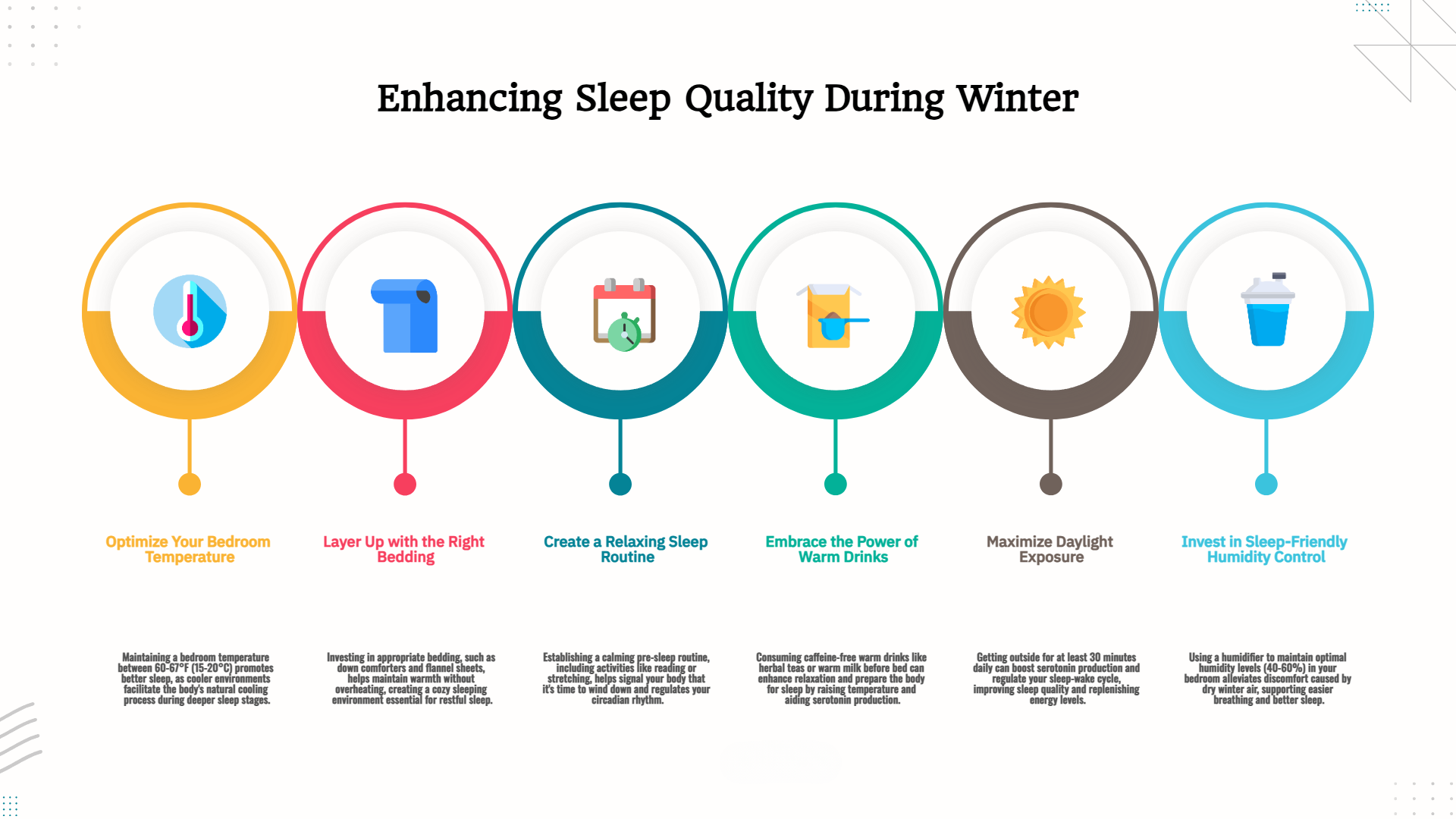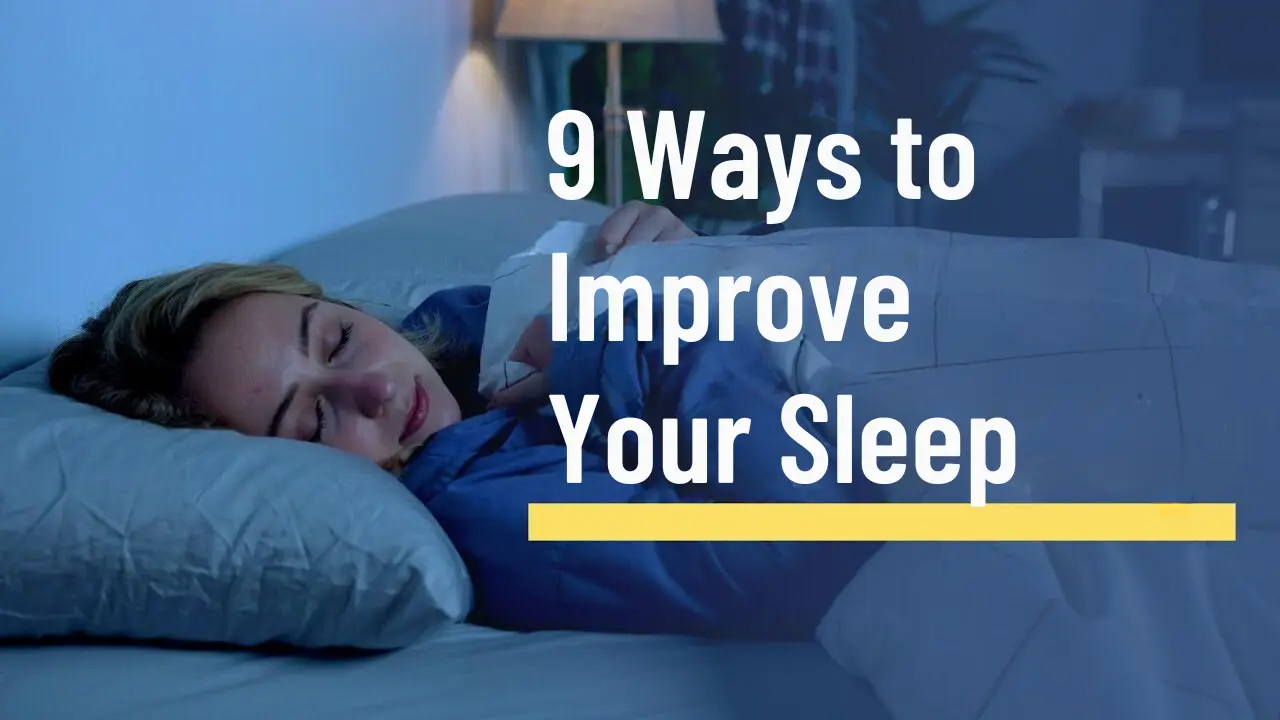
“Struggling with an irregular sleep schedule can leave you feeling tired, unfocused, and out of sync with your daily routine. Whether it’s due to a busy lifestyle, late-night screen time, or other disruptions, getting your sleep back on track is essential for your overall health and well-being. Fortunately, there are natural ways to help reset your sleep cycle and improve the quality of your rest. In this article, we’ll explore seven effective methods to fix your irregular sleep schedule naturally, so you can wake up refreshed and ready to take on the day.”
Why a Regular Sleep Schedule Matters
Maintaining a consistent sleep schedule is critical for your physical health, mental well-being, and daily productivity. An irregular sleep routine disrupts your body’s natural circadian rhythm, leading to fatigue, mood swings, and even chronic health issues. The good news? You can fix it naturally by making small but impactful changes to your lifestyle.
Causes of Irregular Sleep Schedules
- Shift work
- Excessive screen time
- Stress or anxiety
- Poor sleep hygiene
Identifying your specific triggers can help tailor your approach to resetting your schedule.

Credit: luxxehonor.com
7 Natural Fixes for Better Sleep
1. Set a Consistent Sleep-Wake Cycle

Credit: fitonapp.com
Commit to going to bed and waking up at the same time every day, even on weekends. This trains your body to follow a predictable rhythm.
💡Tip: Use a sunrise alarm clock like the Hatch Restore Smart Sleep Assistant. It simulates a gradual sunrise to help you wake up feeling refreshed.
2. Use Natural Sunlight

Credit: www.healthline.com
Exposure to sunlight in the morning helps regulate your internal body clock by boosting melatonin production at night. Spend 15-30 minutes outside within the first hour of waking.
💡Tip: Pair sunlight exposure with a brisk walk to maximize its effects. Alternatively, use a sunlight therapy lamp for cloudy days.
3. Limit Screen Time Before Bed

Credit: f45challenge.com
Blue light from phones, tablets, and laptops suppresses melatonin, making it harder to fall asleep. Avoid screens 1-2 hours before bedtime or use blue-light-blocking glasses.
💡Tip: Try blue-light-blocking glasses to reduce strain without giving up your evening screen time.
4. Exercise at the Right Times

Credit: www.syracusefitnesscenter.co
Exercise improves sleep quality but can have stimulating effects if done too close to bedtime. Aim for moderate workouts in the morning or early afternoon.
💡Tip: If you prefer evening workouts, try calming activities like yoga or stretching with a yoga kit.
5. Practice Relaxation Techniques

Credit: twinings.co.uk
Relaxation techniques such as meditation, deep breathing, or progressive muscle relaxation help lower cortisol levels and prepare your body for sleep.
Suggestion: Follow guided meditations on apps like Calm or use a weighted blanket to enhance relaxation.
6. Adjust Your Diet for Better Sleep

Credit: www.telegraph.co.uk
Your diet can significantly impact your sleep quality. Avoid caffeine after 2 p.m. and limit heavy meals in the evening. Instead, opt for foods that promote sleep, such as almonds, bananas, and chamomile tea.
💡Tip: Brew a soothing cup of chamomile tea before bed to relax your body and mind.
7. Use Natural Sleep Aids

Credit: www.soundsleepmedical.com
Natural sleep aids like magnesium supplements, valerian root, or lavender essential oils can enhance relaxation and improve sleep quality.
Suggestion: Consider magnesium glycinate supplements for a gentle, sleep-supportive boost.
Expert Advice on Resetting Your Circadian Rhythm
“A consistent sleep schedule isn’t just about rest—it’s a cornerstone of physical and mental health,” says Dr. Rebecca Johnson, a leading sleep expert. Starting small, such as adjusting your bedtime by 15 minutes nightly, can lead to lasting improvements.
FAQs
Q: How long does it take to fix an irregular sleep schedule?
A: It varies, but most people see improvements within 7-10 days of consistent effort.
Q: Can naps affect my sleep schedule?
A: Short naps (10-20 minutes) can be beneficial, but avoid napping late in the day to ensure your nighttime sleep isn’t disrupted.
Q: Are natural sleep aids safe?
A: Most natural sleep aids, such as herbal teas and magnesium, are safe. However, consult your healthcare provider before trying new supplements, especially if you’re on medication.















